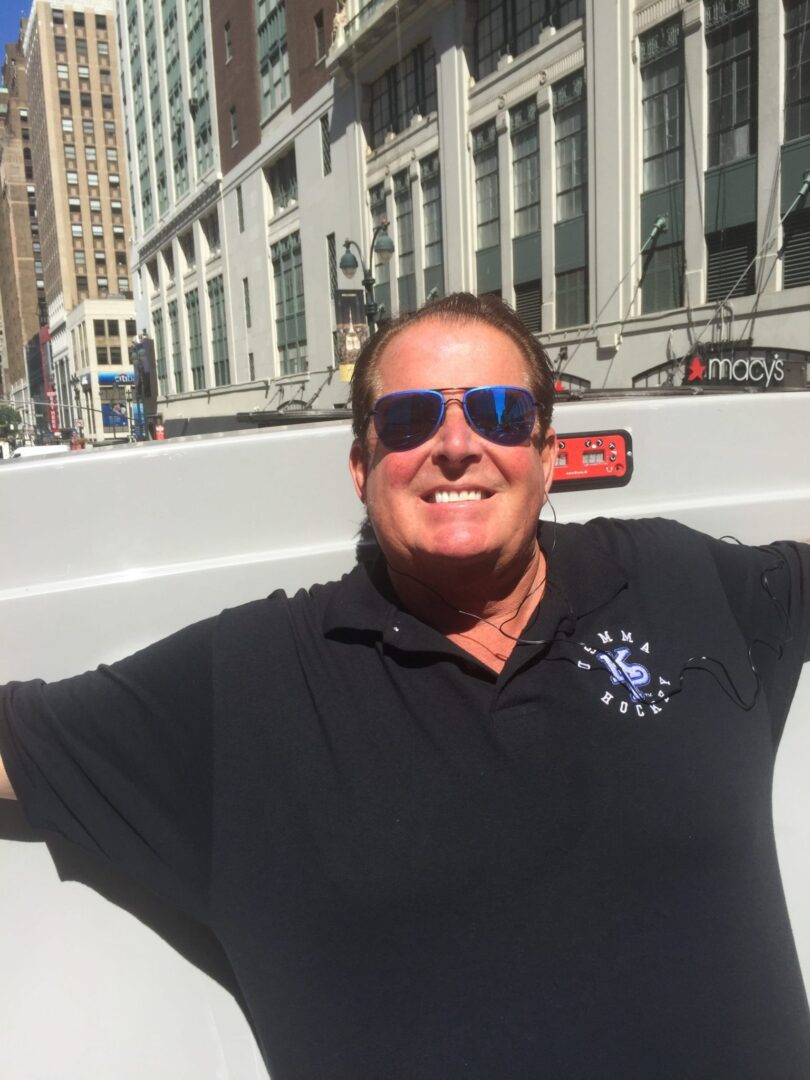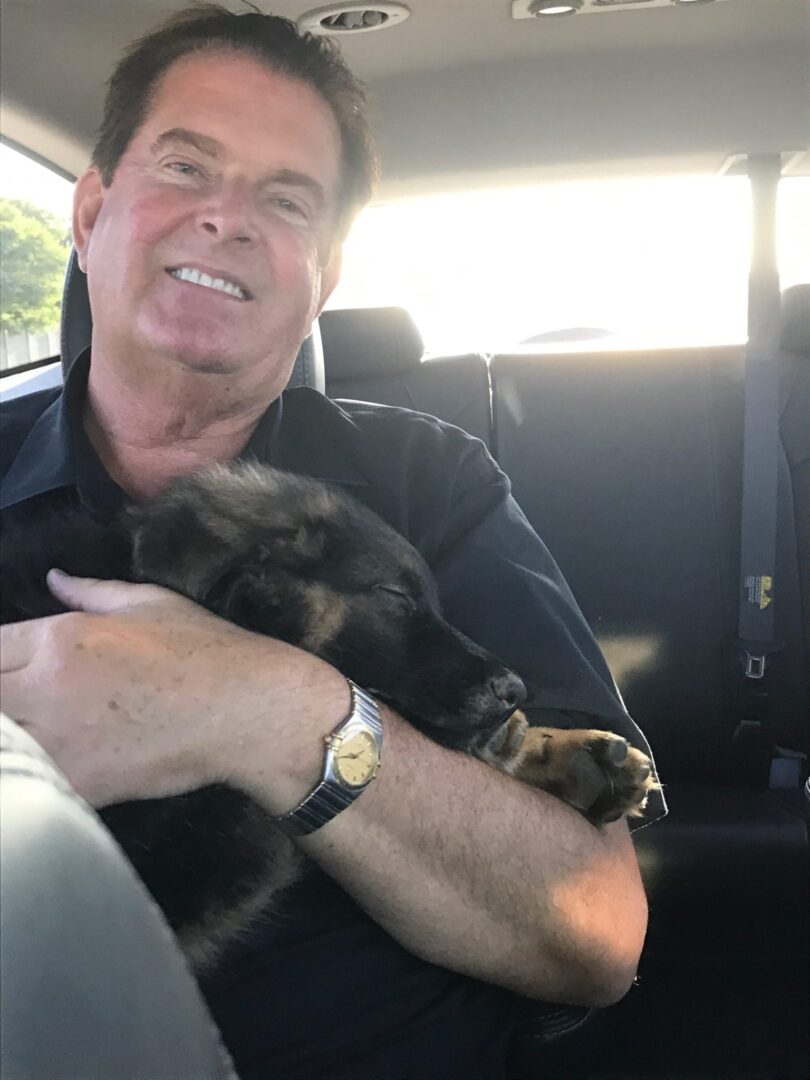

Today, Feathered Quill reviewer Amy Lignor is talking with Steven E. Wilson, author of The Benghazi Affair (Stone Waverly Trilogy).
FQ: Stone Waverly has certainly become a character that jumps to the forefront of readers’ minds when they think of high-action as well as patriotism. Basically…he’s a superhero with heart. Can you give us a bit of background in regards to how and when you created Stone, and if he is perhaps based on someone?

WILSON: Stone Waverly is purely fictional! I created him when I wrote the first novel in the Stone Waverly Trilogy, Winter in Kandahar. Actually, in that novel he was a secondary protagonist to the Tajik fighter Ahmed Jan, but the response was so good to him in that novel, that I decided to bring him back as the protagonist in my second novel Ascent from Darkness. He didn’t fit as a character in my third novel The Ghosts of Anatolia. Then, I got so many emails and letters asking me, “What happened to Stone Waverly?” I decided to write The Benghazi Affair with him again as protagonist. I’m so pleased I did that now!
FQ: Everyone certainly has their own outlooks on politics, the government, etc. How do you feel in regards to current situations, such as: kneeling at a football game during the National Anthem; the political world such as it is today; secrecy of government? Is there one subject going on in the world today that you wish people would focus more of their attention upon?
WILSON: I agree with great athletes like Jim Brown and Dak Prescott who say the time during the playing of the US National Anthem is not the time to kneel or protest. I’m one of those who is turned off to the NFL because of it. Thankfully, I can get my football fix from college football. Go Buckeyes!
I wish we would focus more of our attention on what is going on right now in places like Libya, where there is a fight to the death still occurring between normal Libyans, who want to live in peace and raise their families, and jihadists, most of whom are not even Libyans, who want to take over the country and use it as a base for their nefarious purposes. Does that ring a bell? It is very similar to what happened in Afghanistan prior to 9/11. This same scenario is being played out in many other countries around the world. Nigeria, Iraq and, of course, Syria come to mind. These are all difficult situations, and I’m not saying we should base large numbers of American soldiers in these places, but I hope we do all we can to make sure the jihadists don’t have these bases to use to attack the US in the future. I think we are covertly doing just that with Special Forces groups and I hope those efforts continue and are boosted.
FQ: Your academic career has allowed you the ability to travel to many of the places you write about. Is there one location that particularly affected you? If so, how did it perhaps help your stories get from the mind to paper?

WILSON: I would say my three trips to Saudi Arabia had the most impact on me. I visited there three times to give medical lectures at King Khaled Eye Specialist Hospital in Riyadh between 1994 and 2007. I have a lot of admiration for the Saudi people and new hope with the Crown Prince Mohammad bin Salman, but seeing first-hand the women fully-covered in black with only a slit for their eyes, the ever-present religious police ruthlessly enforcing the numerous rules about garments and behavior, all the restaurants having individual rooms for each family so women could uncover their faces to eat, etc. really reinforced how lucky my family was to live in America. My last trip there was during February of 2007, during the week three French tourists were murdered by terrorists in the Saudi desert. The following day, I was sitting in the lobby of the Marriott Hotel in Riyadh talking and drinking coffee with several other speakers when Saudi troops armed-to-the-teeth rushed through the door and ordered us to our rooms. Through my room curtains, I saw armored vehicles parked outside the hotel with dozens of soldiers rushing about and helicopters hovering overhead. This chaos lasted for two hours and during this time I heard soldiers running down the hall outside my room door several times. Finally, the soldiers abruptly left, and we were allowed out of our rooms. Nobody ever told us what was happening, and this incident left me feeling unsettled and unsafe for the remainder of my trip (that was my last trip to Saudi Arabia!). During an earlier trip, I went to dinner with Saudi and foreign doctors who worked at King Khaled Eye Hospital and several other invited speakers. My escort for the evening was a German doctor named Franz who did corneal surgery at the hospital. After dinner, I walked with Franz across the street from the restaurant to where his car was parked and suddenly Franz dove beneath it. I said, “Franz, what are you doing?” He replied with urgency, “I’m checking for bombs.” These experiences, and many others in Saudi Arabia and other countries in that part of the world, really impacted me and motivated me to learn more about, and ultimately write about, countries of the Middle East and Central Asia.
FQ: You speak a bit in your book about the heroism of Pat Tillman. Do you have your own particular muse or hero that you look up to that helps when it comes to taking on these tougher subjects?
WILSON: There are many historical and current Americans, including Pat Tillman, that I admire. There are also many citizens of other countries for whom I have the highest regard. One who has inspired me is Commander Ahmad Shah Massoud of the Northern Alliance in Afghanistan. Commander Massoud earned his moniker The Lion of Panjshir by repeatedly leading his fighters to victory over the Soviet Army in the Panjshir Valley in northern Afghanistan during the Soviet occupation. He also had a major role in preventing the Taliban from taking over all of Afghanistan during the 1990s. He was assassinated on 9/9/2001, two days before 9/11, by two fake reporters with a bomb in their TV camera who were al-Qaeda agents. Many believe his assassination was part of the overall 9/11 plan and the Taliban and al-Qaeda hoped his killing would allow them to overrun all of Afghanistan before US reprisals that were sure to follow. I encourage everyone to read one of the fascinating books written about this truly remarkable man. He’s enthralling in the same way T.E. Lawrence (Lawrence of Arabia) was enthralling. You might guess that one of my dreams is for the novels of The Stone Waverly Trilogy to become motion pictures. Sony Pictures had an interest in Winter in Kandahar when it first came out, but nothing came of it. I still have that pipedream!
FQ: If there was one writer you could sit and have dinner with, who would that be and why? Is there one particular question you would love for them to answer?

WILSON: That’s a tough one! There are many I admire. But if I had to pick one, it would be Frederick Forsyth the author of The Day of the Jackal, The Odessa File, and many other novels. Actually, there are parallels between Forsyth’s character Peter Miller in The Odessa File and my character Spaceman in The Benghazi Affair that readers of both novels may appreciate. I would love to ask Frederick about his first efforts to begin writing novels and getting them published. I’m sure that would be fascinating.
FQ: Social media certainly runs most every industry in the world today, writing being one of them. Would you consider yourself “good” at keeping up with social media? If you could tell up-and-coming writers something they should do and something they should avoid in this area in order to make their career, what would that advice be?
WILSON: No, I’m terrible with social media. I have a Facebook page for my novels, but I rarely go to it. I don’t communicate with friends through social media. I prefer talking, email or text messages. I don’t do Twitter, Snap Chat, etc., and I didn’t allow my children to have Facebook or any other accounts on social media until they were eighteen. Social media does some good, I guess, but I see so many abuses and I hate hearing stories about young people being abducted and abused by fiends who find them on social media, people who commit suicide after being bullied on social media, etc. I think for many people it comes to dominate their lives in ways that are not healthy.
I guess I would tell an up-and-coming writer to use social media wisely to promote their books but to be careful about how much of their day they spend on it. Read, read, read, write, write, write and travel, travel, travel, instead.
FQ: What are the difficulties when it comes to making a series character? Do you have a preference over writing series versus standalone fiction?
WILSON: I didn’t start out intending to write The Stone Waverly Trilogy. Each of my novels in that series can stand alone. Yes, if you read all three, there are references to people or events in Winter in Kandahar or Ascent From Darkness that you will find in The Benghazi Affair, and perhaps give you a few aha moments. Also, in reading all three, I believe Stone Waverly’s motivations and character come into better focus, but I think each can also be a standalone fiction. Having said that, Tolkien’s Lord of the Rings and Lewis’s The Chronicals of Narnia are among my favorites of all time. It’s hard enough to write a single book. I can’t begin to imagine how one plans and executes a series like those. Perhaps when Tolkien or Lewis started out they didn’t imagine what they would eventually ended up with, but then again, for Tolkien, there was The Hobbit to get him started.
FQ: Stone’s trilogy has come to an end and I would be in trouble with readers if I did not ask…what’s next? Are you working on a new project currently? In addition, is there a chance Stone will reappear again in the future?
WILSON: Well, it’s possible that Stone Waverly will return, but not in sequence to the other three, I don’t think. At spots in the three novels of the trilogy there are references to Stone Waverly’s earliest days as a CIA operative in Afghanistan…to a time he worked and got himself in trouble with Commander Ahmad Massoud in the Panjshir Valley during the Soviet occupation of Afghanistan. Currently, I am reading everything I can get my hands on about that war and about Commander Ahmad Massoud. But before I could begin to write such a novel and do it justice, I would need an extended visit to the Panjshir Valley in Afghanistan. That’s a place where I’ve never traveled but always wanted to visit. I’m plotting that adventure…but don’t tell my wife!
Disclosure in Accordance with FTC Guidelines 16 CFR Part 255
Copyrights © 2023 Feathered Quill Reviews All Rights Reserved. | Designed & Developed by Unglitch.io